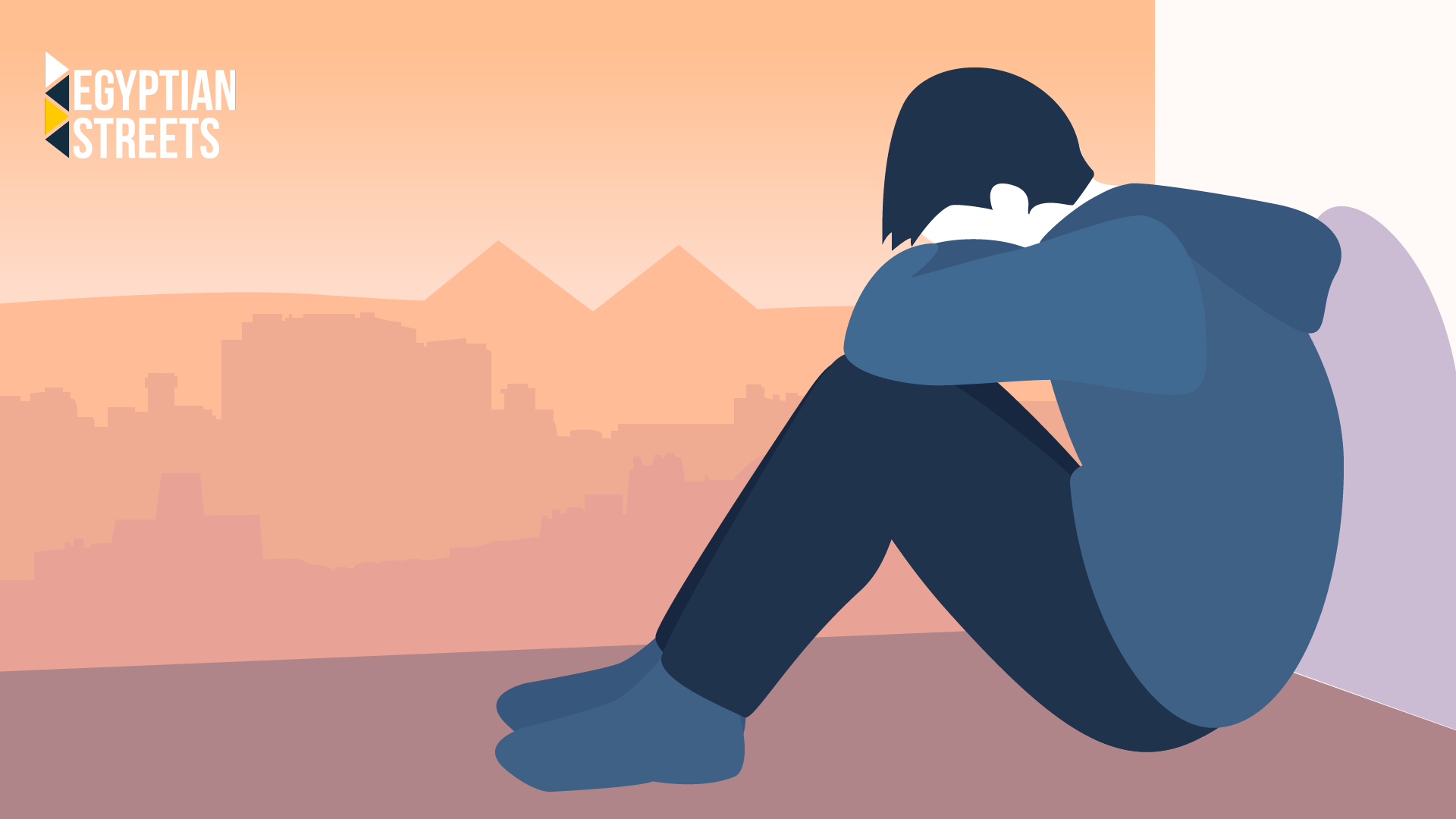Between the realization that suicide is ‘haram’ (religiously forbidden), a lack of resources and the recognizable dark place which no light seems to be at the end of the tunnel – a clinically depressed Egyptian citizen has nowhere concrete to go to for help. Zamalek is an affluent area in Cairo, with a reputed expat community and lush hotels thus vouching for the elevated lifestyle of its residents. Its most iconic feature? Doubtlessly, the Cairo Tower. Earlier last month, between happy selfie-takers and individuals enjoying the night breeze on one the tallest structures of Cairo, a hooded figure was spotted casually looking around himself for a few minutes before seizing the opportunity to jump over the iron fencing of the tower’s rail to which he momentarily grips. A man lunges towards him, trying to capture the front of the hooded figure’s shirt but to no avail. The young man lets go of the railing – the only thing keeping him supported – into thin air. In no more than mere seconds, Nader Mohamed Gameel has let go, and falls to his intended death. He was 24 years old. The video…



